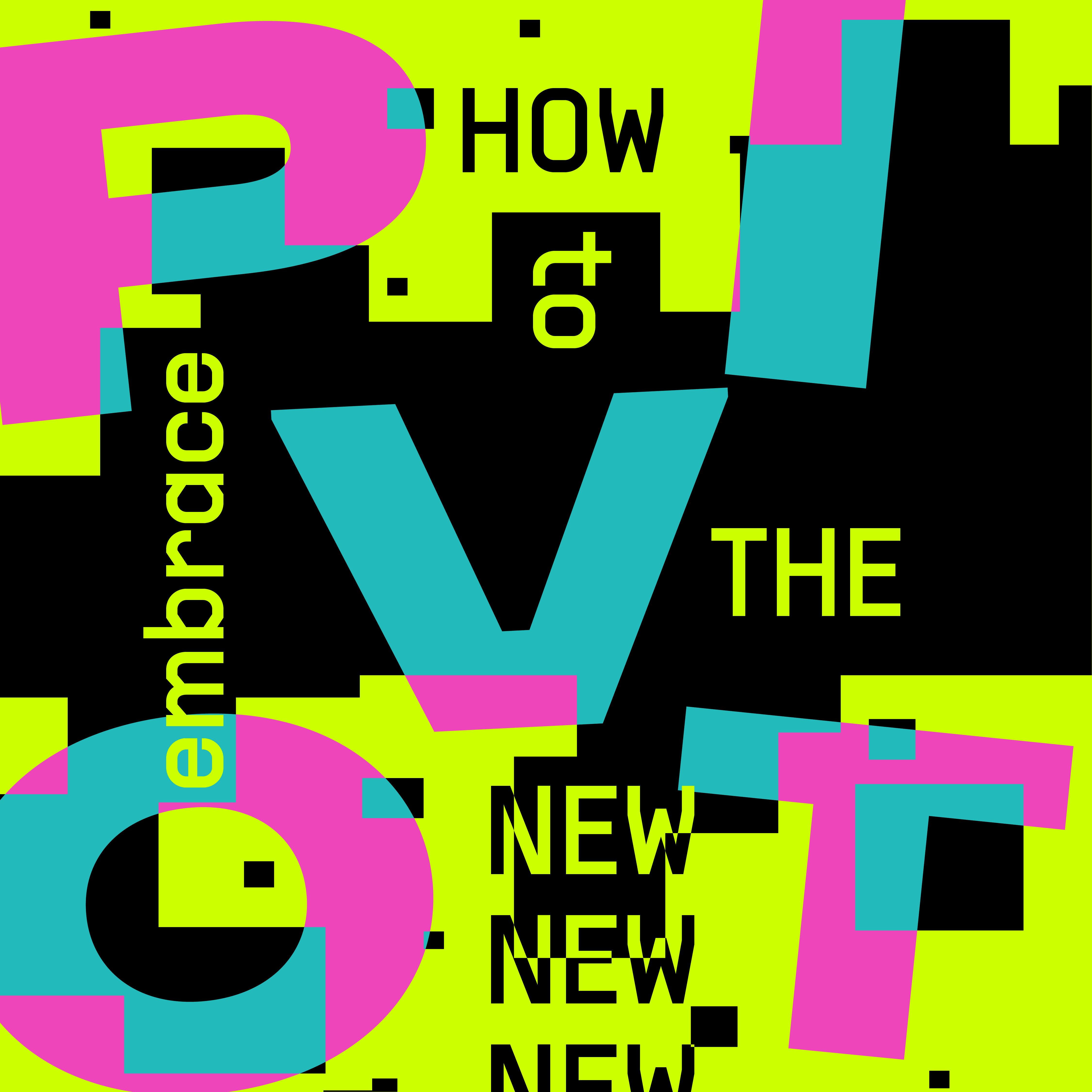Everyone on my feed was outraged after hearing of an undercover reporter opening up about their unethical conditions for workers, and lack of protective equipment, amongst an outbreak of COVID-19. Considering they ‘‘believe in giving back to the communities and countries where we do business’’, I felt misled and put off continuing with my purchase. Most others were rightfully appalled and called for a boycott, which saw 1 billion pounds wiped off Boohoo’s value, and heavyweights ASOS, Amazon and Next all dropping the brand from their websites.
Consumers boycotting brands is a fascinating form of consumer behaviour, where boycotters refuse to purchase or engage with a brand because they don’t agree with their actions or their stance on a particular issue, particularly around issues of ethics or social responsibility.
During these turbulent times and with increased social media visibility, there’s even more pressure on brands to showcase they have a deeper reason for existing than profit alone. We’ve become conscientious consumers and want brands to use their status to change lives for the better, not capitalise on questionable loopholes. We want brands to do more.
The boycott threat is a powerful influence, and you only have to browse your social feed to easily identify which brands are doing good for society and which brands are behaving less-than-morally. Things blow up pretty quickly on social media, especially if you’re in the wrong. And that’s your brand reputation damaged, just like that. But there’s an opportunity right now for newer, start-up brands to learn from established brand’s mistakes, and in turn achieve greater consumer loyalty and increase awareness. They can construct their business model around robust values, and help make a positive change in the world - as long as they truly care about it.

Developing a brand purpose that means something
Increasingly, consumers want a personal relationship with brands, and look for honesty and a show of support for the issues that matter to them. As a start-up brand, there is a chance to create a brand purpose – what are you trying to change, improve or influence in society? It should be authentic and sustainable, and show genuine passion. Be sure to actually follow through though, as it can cause more damage than good if consumers believe you have a ‘’false purpose’’.
Where to start?
Delve deep into the history of your brand, and why it came about. What is the reason your brand exists beyond making money? Your brand purpose needs to relate to the product or service, otherwise it won’t resonate. Think about how your brand can add value to and set yourself apart from competitors.
Look at what your target customers care about. It may be tempting to jump on the bandwagon and pick a popular topic, but if the purpose doesn’t fit well with your brand, it won’t appear authentic. Additionally, if it isn’t something your target customers are interested in, it can come across like you’re just trying to make some extra money. Seek insight about what they are passionate about and come up with ways you can take on these issues together. It doesn’t even need to be a complex issue, just make sure it’s both true to your brand and your customers. Then they will positively engage with your brand.
Speak to your employees to find out what they value and bring your purpose to life internally. It helps make it much more genuine. After all, your employees are brand ambassadors, so they need to be inspired to shout about it. This will be much easier if they are passionate about making a change.
Finally, make sure you measure the impact of the purpose. Many brands don’t put in the effort to do this, meaning they face being accused of "corporate greenwashing" if they can’t prove they’ve improved society with their brand purpose work. It’s imperative you show what you’re doing is more than just a marketing push to make some quick money.
So, while many brands in the industry are under scrutiny for misbehaving or not following through with their values, start-up brands can learn from their mistakes and use this as a chance to create an authentic and powerful brand purpose, to contribute to a better society – however big or small the issue may be. Choose something you care about. If we’re all working together, you’ll achieve a positive brand reputation and be less susceptible to boycotters. After all, society is starting to show change for the better, and we want brands to do the same.
Kate Wilson, Account Manager, Union Direct.
References
- https://www.boohooplc.com/
- https://www.researchgate.net/publication/257880893_Exploring_why_consumers_engage_in_boycotts_Toward_a_unified_model
- https://www.thedrum.com/opinion/2020/01/13/what-does-the-birth-the-conscious-consumer-mean-your-brand
- https://www.campaignlive.co.uk/article/brand-purpose-goes-wrong/1579154
- https://www.businessnewsdaily.com/10946-greenwashing.html




